The Venice Film Festival is one of the most important events for the cinematography lovers, you can look at some of the history and see that it’s the first-ever cinema festival and second cinematography event after the Oscars. The Venice Festival is part of the long-lasting Biennale di Venezia (thus sometimes the Venice International Film Festival is called the Biennale Film Festival) founded in 1892 as the first recurring international art expo, and till this day it goes strong bringing a massive list of celebrities in Venice, not just to enjoy the city, but rather to promote one of the most important aspects of Human Civilization.
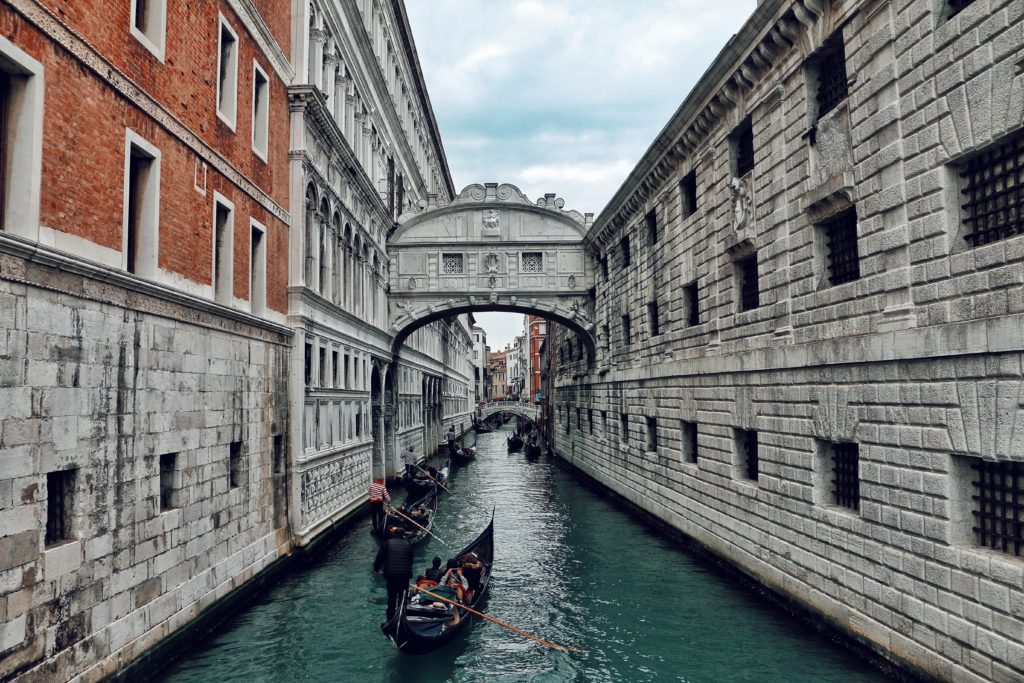
When you think about the History of this event you can’t forget about the amazing moments, and the amazing class showcases by the directors and actors that would come up to the event on the one and only Riva, a classic Venetian ride. I mean a Riva is like the Aston Martin of boats and you know that if you have to rock up to the Venice Film Festival you have to do it with class.
But what is the Venice Film Festival location? It’s at the beautiful Palazzo del Cinema, in the Lido di Venezia. One of the most beautiful buildings in Venice that’s for sure. Perfect for that Riva Entrance.
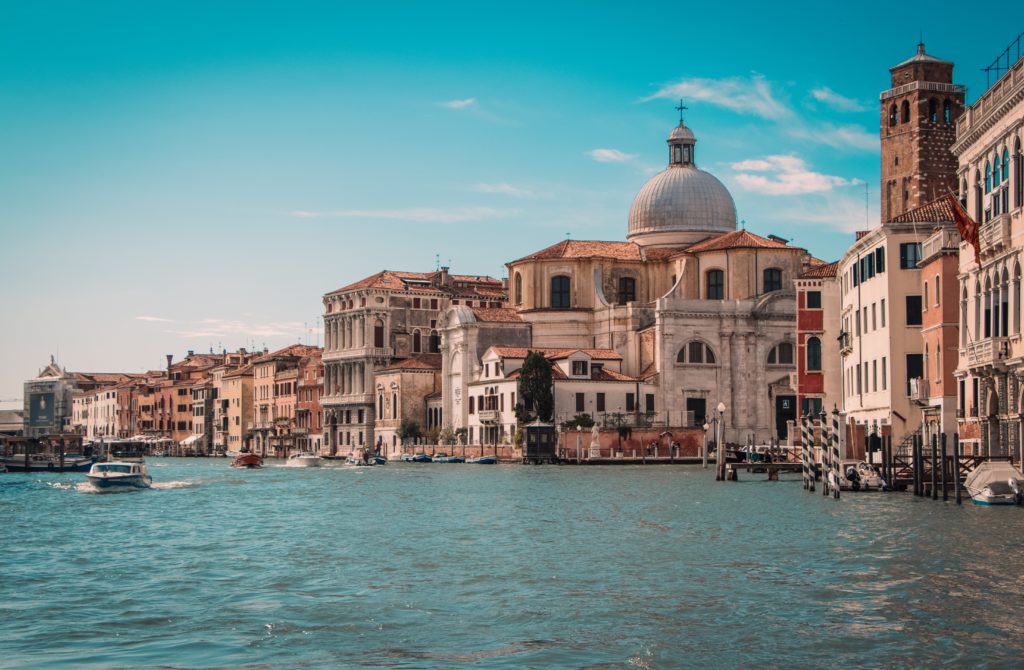
This Venice Film Festival 2019 still hasn’t dropped any names (meaning there aren’t any Venice Film Festival trailers either) that are going to be in the race, because the event starts at the end of August (from August 28 to September 7), but we wanted to let you know that if you’re interested you can start to look into getting a pass cause cinema students to have a chance to visit the Venice Italian Festival and attend the Venice Film Festival press conference. This way you can get a glimpse of how the industry works, but if you want to submit unfortunately the Venice Film Festival 2019 submission deadline was the 14th of June, but I’ll leave a link to it just in case you’re thinking about it for the next years (I mean you’re probably a pro-reading this and not a student, or you’re a really talented student).
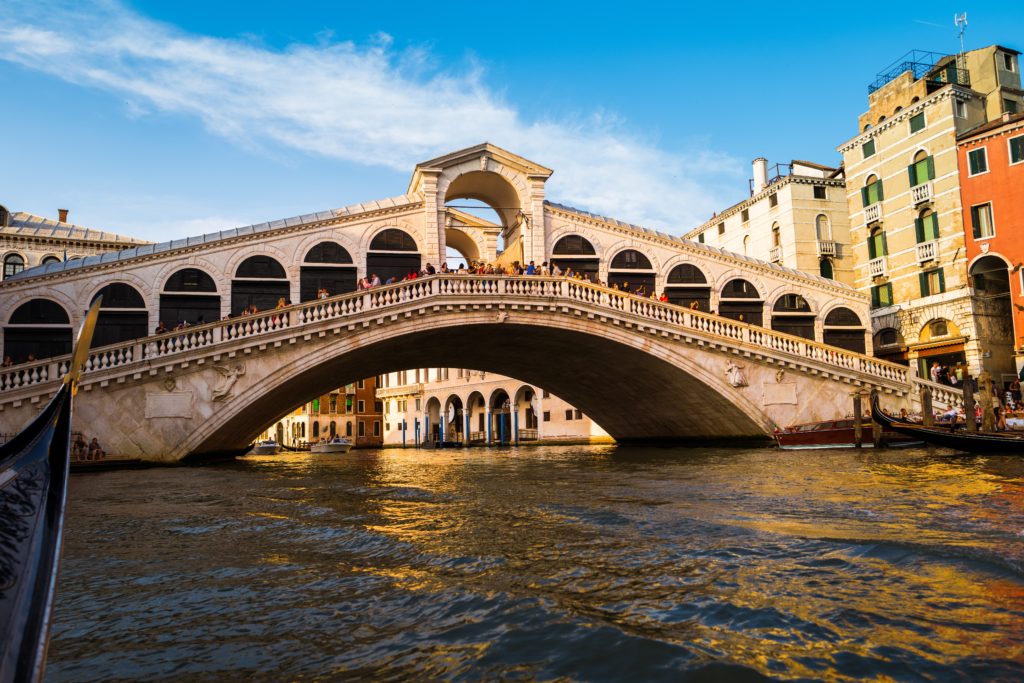
I thought to myself, with this festival being so old and important to cinema, why not close this article with the Venice Film Festival winners list? This way you’ll always have a cheat sheet for those very specific convos on Venetian Festivals.
(I’m doing the Leone d’Oro, cause if I don’t this article is gonna be neve-ending. This is going to the best film of the Festival, also I’m keeping the original titles)
1946 – The Southerner, Jean Renoir, USA
1947 – Siréna, Karel Stekly, Czechoslovakia
1948 – Hamlet, Laurence Olivier, UK
1949 – Manon, Henri-Georges Clouzot, France
1950 – Justice est faite, André Cayatte, France
1951 – Rashômon, Akira Kurosawa, Japan
1952 – Jeux interdits, René Clément, France
1953 – No Leone d’oro
1954 – Giulietta e Romeo, Renato Castellani, Italy
1955 – Ordet, Carl Theodor Dreyer, Denmark
1956 – No Leone d’oro
1957 – Aparajito, Satyajit Ray, India
1958 – Muhomatsu No Issho, Hiroshi Inagaki, Japan
1959 – La Grande Guerra, Mario Monicelli, Italy & Il Generale Della Rovere, Roberto Rossellini, Italy
1960 – Le Passage du Rhin, André Cayatte, France
1961 – L’année Dernière à Marenbad, Alain Resnais, France
1962 – Cronaca Familiare, Valerio Zurlini, Italy & Ivanovo Detsvo, Andrej Tarkovskij, USSR
1963 – Le Mani sulla Città, Francesco Rossi, Italy
1964 – Deserto Rosso, Michelangelo Antonioni, Italy
1965 – Vaghe stelle dell’Orsa…, Lucio Visconti, Italy
1966 – La Battaglia di Algeri, Gillo Pontecorvo, Italy/Algeria
1967 – Belle de jour, Luis Bunuel, France
1968 – Die Artisten in der Zirkuskuppel: ratlos, Alexander Kluge, West Germany
1969 – 1979 No Leone d’oro, the event wasn’t taking place and when it did they didn’t keep the competing factor
1980 – Atlantic City, USA, Louis Malle, USA & Gloria, John Cassavetes, USA
1981 – Die bleierne Zeit, Margarethe von Trotta, West Germany
1982 – Der Stand der Dinge, Wim Wenders, West Germany
1983 – Prénom Carmen, Jean-Luc Godard, France
1984 – Rok Spokojnego S?o?ca, Krystoff Zanussi, Poland
1985 – Sans toit ni loi, Agnés Varda, France
1986 – Le rayon vert, Éric Rohmer, France
1987 – Au revoir les enfants, Louis Malle, France
1988 – La Leggenda del Santo Bevitore, Ermanno Olmi, Italy
1989 – Beiqing Chengshi, Hou Hsiaohsien, Taiwan
1990 – Rosenkrantz and Guildenstern are Dead, Tom Stoppard, UK
1991 – Urga, Nikita Mikhalkov, USSR
1992 – Qui Ju da guansì, Zhang Yimou, China
1993 – Short Cuts, Robert Altman, USA & Trois couleurs: Bleu, Krzystof Kie?lowski, France/Poland
1994 – Aiqing Wansui, Tsai Mingliang, Taiwan & Pred dozdot, Mil?o Man?evski, Northern Macedonia
1995 – Xich-lo, Tran Anh Hung, Vietnam
1996 – Michale Collins, Neil Jordan, UK
1997 – Hana-bi, Takeshi Kitano, Japan
1998 – Così ridevano, Gianni Amelio, Italy
1999 – Yi Ge Dou Bu Neng Shao, Zhang Yimou, China
2000 – Dayereh, Jafar Panahi, Iran
2001 – Monsoon Wedding, Mira Nair, India
2002 – The Magdalene Sisters, Peter Mullan, Ireland
2003 – Vozvrašcenje, Andrei Zviagintsev, Russia
2004 – Vera Drake, Mike Leigh, UK
2005 – Brokeback Mountain, Ang Lee, USA
2006 – Sanxia Haoren, Jia Zhangke, China
2007 – Se, Jie, Ang Lee, USA/China/Taiwan
2008 – The Wrestler, Darren Aronofsky, USA
2009 – Lebanon, Samuel Maoz, Israel
2010 – Somewhere, Sofia Coppola, USA
2011 – Faust, Aleksandr Sokurow, Russia
2012 – Pieta, Kim Ki-duk, South Korea
2013 – Sacro GRA, Gianfranco Rossi, Italy
2014 – En Duva Satt på en Gren och Funderade på Tillvaron, Roy Andersson, Sweden
2015 – Desde allà, Lorenzo Vigas, Venezuela
2016 – Ang Babaeng Humayo, Lav Diaz, Philippines
2017 – The Shape of Water, Guillermo del Toro, USA
2018 – Roma, Alfonso Cuarón, Mexico


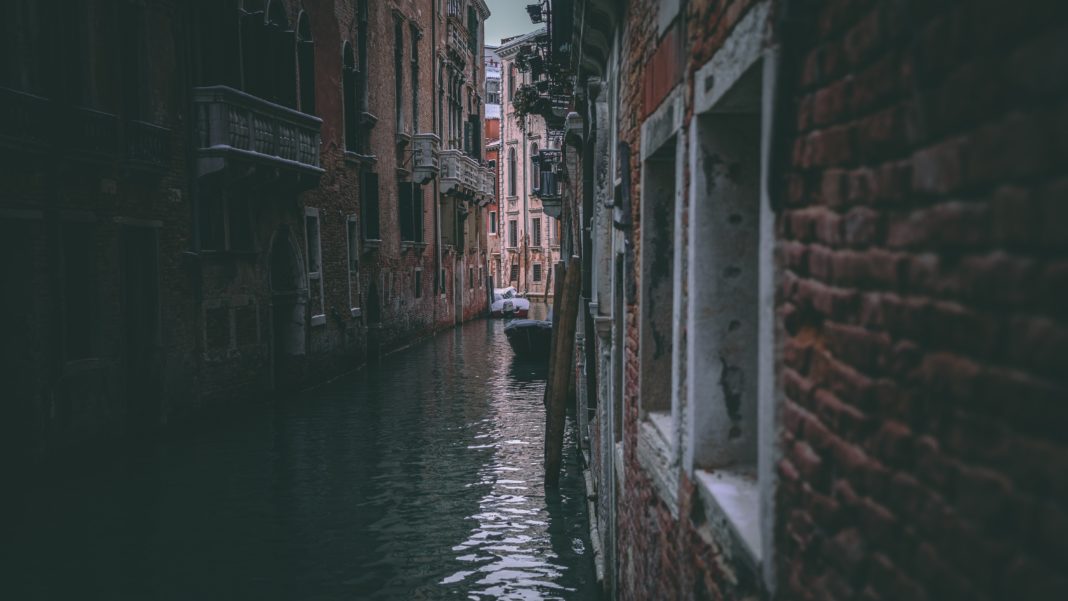
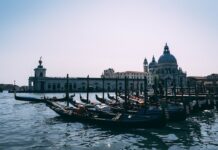



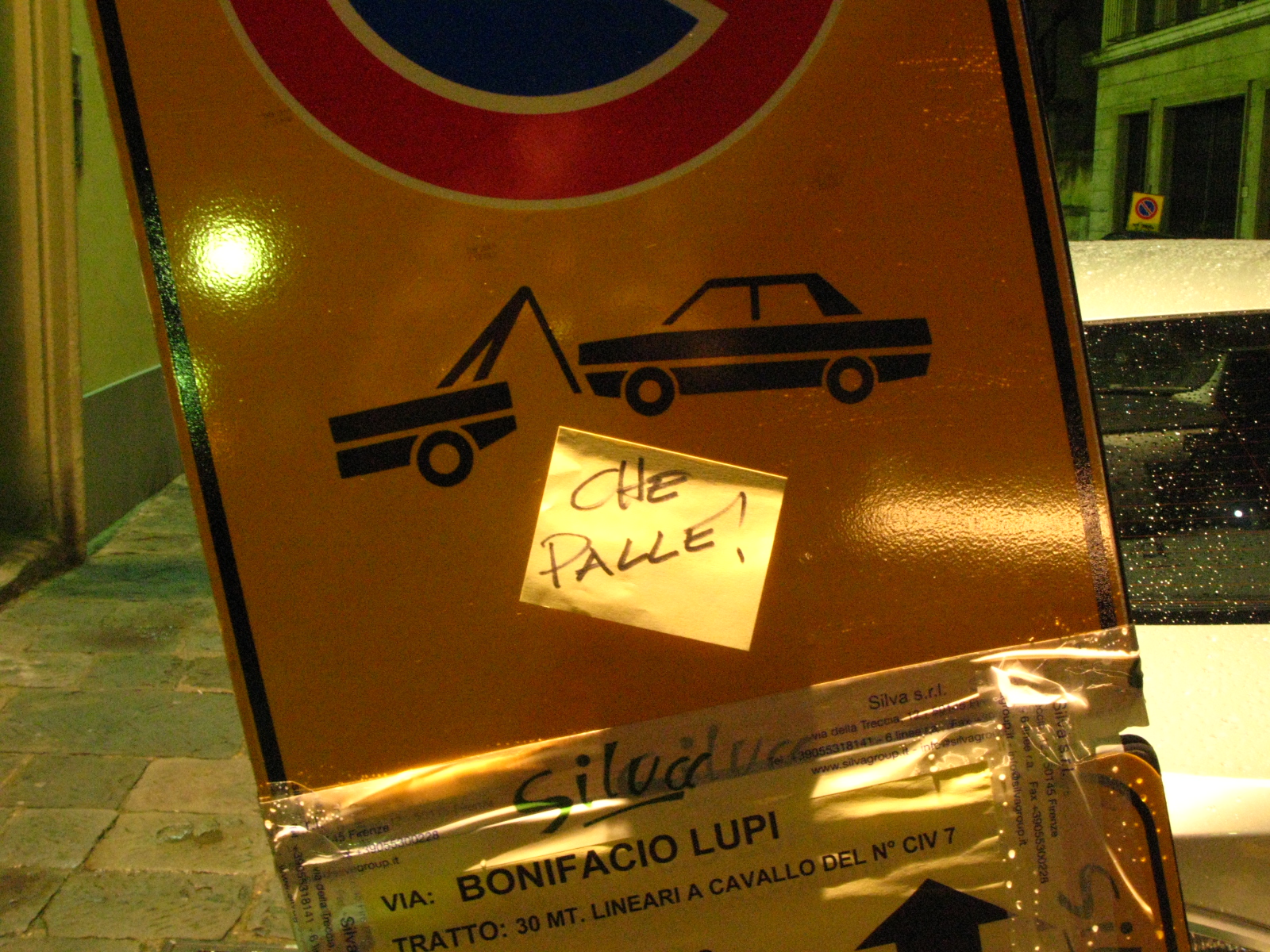
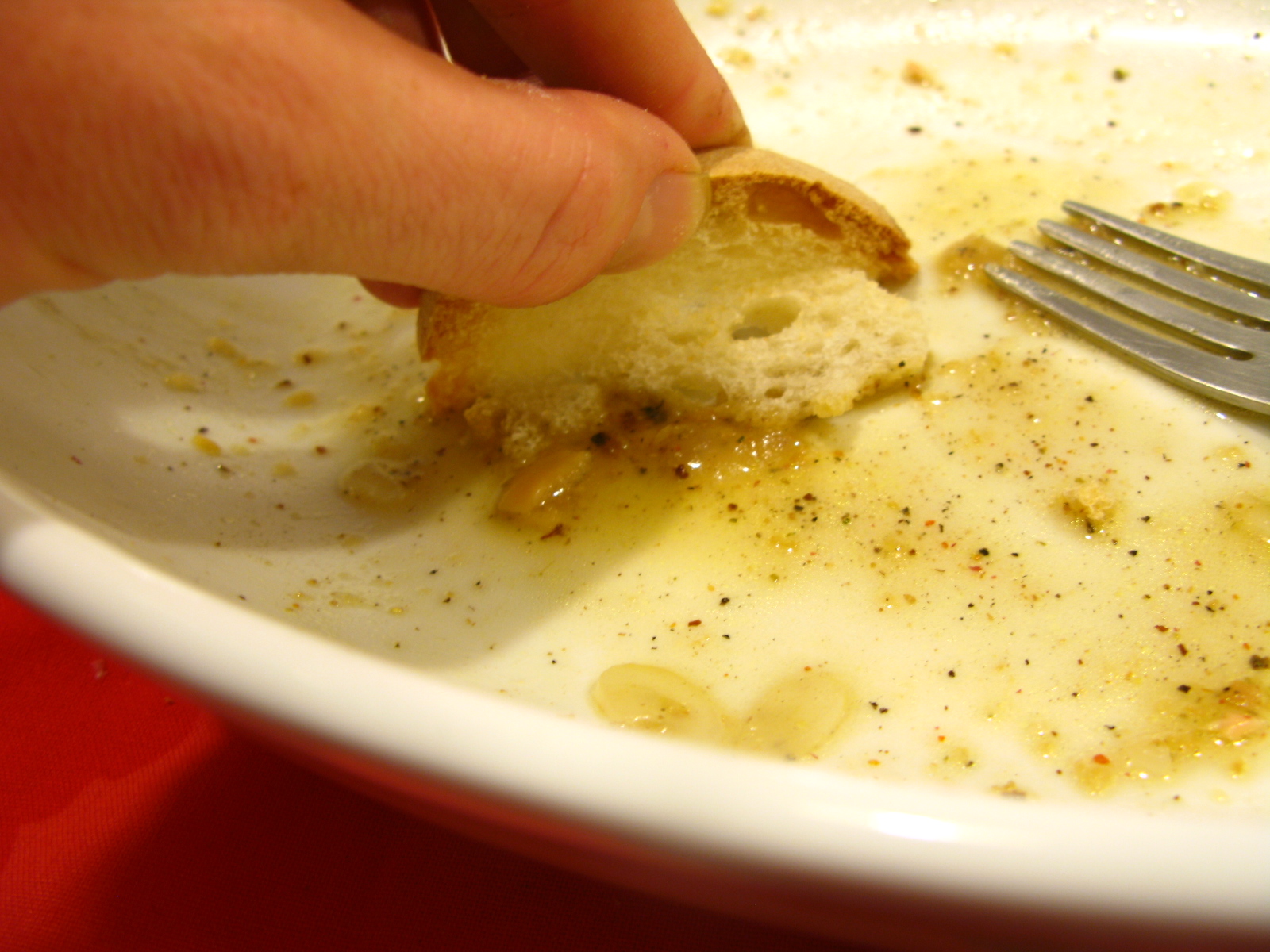



[…] beach. It’s where all the celebrities would go and relax during the first editions of the Venice Film Festival. Today there is a public beach where you can enjoy the Lido for free, and if you want you can rent […]